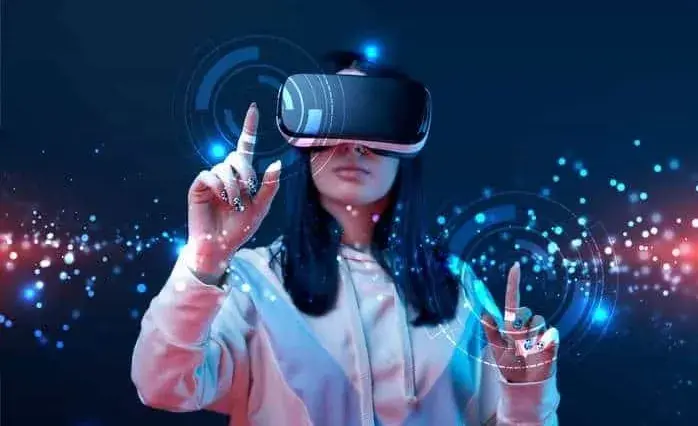ArdorComm Media Bureau
March 21, 2023
The entertainment industry has always been one of the most dynamic and exciting industries in the world. From movies to music, television to gaming, entertainment is an essential part of our lives. However, in recent years, the industry has undergone a significant transformation. Technological advancements and changes in consumer behaviour have disrupted traditional models, and new trends and technologies are emerging. As we move towards the future, it is essential to understand the trends and technologies that will shape the entertainment industry. In this blog, we will explore the future of entertainment, highlighting the key trends and technologies that are driving change and shaping the industry. Whether you are a consumer or a business owner, understanding these trends will be critical in staying ahead of the curve and thriving in the entertainment industry of the future.
Streaming services will continue to dominate
Streaming services have already disrupted the traditional cable and broadcast television industry, and this trend is likely to continue in the coming years. According to a recent report by PwC, streaming services are expected to surpass traditional television as the largest segment of the entertainment and media industry by 2024.
The popularity of streaming services is due in part to their convenience and affordability. Consumers can access a wide range of content on-demand, without having to pay for cable or satellite television subscriptions. As a result, traditional television networks are struggling to retain viewers and are being forced to adapt to changing consumer preferences.
Social media will become more integrated into entertainment
Social media has already had a significant impact on the entertainment industry, with many celebrities using platforms like Instagram and TikTok to engage with their fans. In the future, social media is likely to become even more integrated into the entertainment industry.
For example, we may see more social media influencers and celebrities collaborating with streaming services to create original content. Social media platforms may also start to offer their own content, creating a new competitor in the industry.
Virtual reality will transform the way we consume entertainment
Virtual reality (VR) technology has been around for some time, but it has yet to reach its full potential in the entertainment industry. In the future, VR is likely to transform the way we consume entertainment, offering immersive experiences that are more engaging than traditional media.
VR technology could be used to create fully immersive gaming experiences, allowing players to feel like they are truly part of the game world. It could also be used to create virtual concerts and events, allowing people to attend from the comfort of their own homes.
Personalization will become even more important
Consumers today expect personalized experiences in all aspects of their lives, including entertainment. Streaming services like Netflix and Amazon Prime already offer personalized recommendations based on viewing history, and this trend is likely to continue in the future.
In the future, we may see even more personalized experiences, with streaming services offering tailored content based on individual preferences and interests. This could include personalized advertising, with ads targeted specifically to individual consumers based on their preferences and habits.
Artificial intelligence will play a larger role in content creation
Artificial intelligence (AI) is already being used in the media and entertainment industry, with AI algorithms used to analyse data and make content recommendations. In the future, AI is likely to play an even larger role in content creation.
For example, AI could be used to generate personalized news stories based on individual interests and preferences. It could also be used to create music and video content, allowing for more efficient and cost-effective content creation.
Conclusion
The media and entertainment industry is undergoing a major transformation, driven by changes in technology and consumer behaviour. Streaming services are expected to continue to dominate the industry, while social media and virtual reality are likely to become even more integrated into entertainment. Personalization and artificial intelligence will also play a larger role in content creation and delivery.
As the industry continues to evolve, it will be important for media and entertainment companies to stay ahead of the curve and embrace new technologies and trends. By doing so, they can continue to engage consumers and deliver innovative, engaging content that resonates with audiences.
The author, Pratik Ghosh is associated with ArdorComm Media


